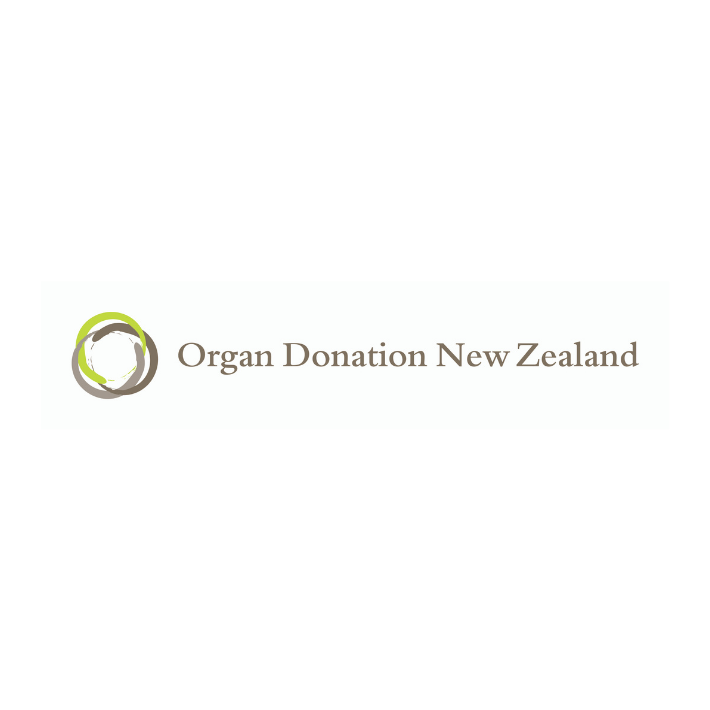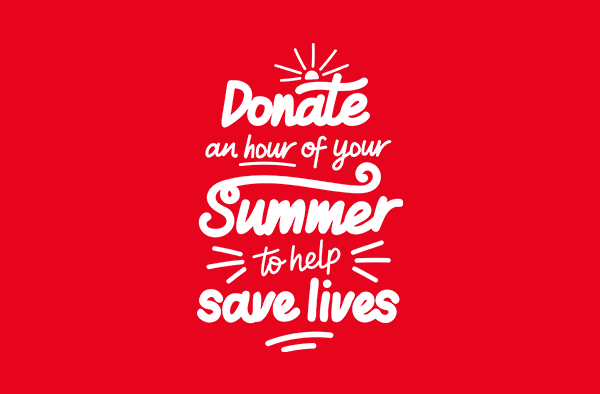News
The changing views of blood donation
Giving blood can be a life-giving gift to someone who really needs it. Regardless of whether a patient in need is from whānau, hapū, iwi, or if they’re a complete stranger on the other side of the country, the generosity of donors is extraordinarily valuable.
Someone who is acutely aware of the value of her blood is Rema Erueti. As a blood and plasma donor, her donations have allowed her to help others both at home and in distant corners of the world, including fellow Māori in the most unlikely of places.
Rema first donated whole blood in 2012 after hearing a work colleague talk about their child needing blood. Her entire work team registered to donate, driving three full cars to do their bit to help those in the community in need.
“I first started donating blood and then moved to plasma because I could, and I wanted to help,” says Rema, who comes from Taranaki. “For me personally, donating didn’t compromise my belief system, and from a whānau perspective it was something I considered important for me to do.
“Strong in Te Ao Māori is our belief that we return to the earth after passing away just as you have come into this world, so I had conversations with my kaumātua about my donating and I’m grateful my whānau understood why I needed to do it.
“I found it incredibly helpful to have kōrero about the benefits of blood donation to help balance long held traditional beliefs.”
New Zealand Blood Service understand that from a Te Ao Māori perspective the body is considered tapu and values the sacredness of blood, and encourages Māori donors to perform a karakia to lift tapu when donating if they wish.
After a year of donating in Taranaki, Rema left Aotearoa to spend five years living and working in South East Asia. Despite being so far away from home, she was gifted with the opportunity to help save the life of another Māori woman living in Thailand.
“When I was living in Bangkok I heard through an online expat group that there was an urgent request for blood as a Māori woman had been in an accident,” says Rema, “I thought due to our common ethnicity I might have been able to help. Our blood types matched, so I jumped at the opportunity to sign up and donate.
“From then I donated every three months to the Thai Red Cross Society”.
Ancestry plays an important role in blood donation. While most people are aware of the four main blood groups A, B, AB and O, blood can be divided into dozens of sub-groups. The rare Kidd, or Jk group is currently in demand for certain patients who need a specific genetic match.
One in approximately 100 Māori and Pasifika donors tested are among those with higher levels of important Jka negative or Jka negative blood type, more than other ethnic groups.
Before moving back to Tāmaki Makaurau in 2019, Rema continued to travel and work around South East Asia, donating her blood where she could, including in the Philippines, where she donated every six months. She has donated blood and plasma 11 times now in New Zealand, even during Covid-19 lockdown.
Rema’s generosity doesn’t end at blood and plasma donation, as she is also a member of the New Zealand Bone Marrow Donor Registry. While she was donating plasma she was approached by a donor nurse to join, and she didn’t hesitate after learning this was another way she might be able to help Māori and Pasifika people in need.
As with Jk blood groups, genetic makeup is key to finding suitable bone marrow matches for people suffering from chronic illnesses of the blood, such as leukaemia. Finding a bone marrow donor is extremely difficult, especially for Māori and Pasifika people.
With over 9 million Europeans including NZ European on worldwide registries compared to just 10,500 Māori on the NZ Registry, eligible Māori and Pasifika New Zealanders are always in demand.
“I joined because it’s about recognising that many patients, including Māori are diagnosed with serious blood disorders each year, and often a bone marrow transplant may be the only cure. Being on the registry is about being willing to donate whenever it’s needed.”
When thinking about how to encourage more Māori to donate, Rema says views are slowly changing, “I think it’s about balancing traditional views with benefits of modern medicine. I would tell our younger generation to do some research and talk to others in their whānau or their friends to understand what can be achieved with donating blood or plasma or by joining the bone marrow registry, and find a why. It could make a difference in saving a life”.
To find out more about how you can donate blood or plasma, click here, or call 0800 GIVE BLOOD
For more information on bone marrow donation and eligibility in New Zealand, visit bonemarrow.org.nz/information/who-we-need/
Published: 2020-08-24



